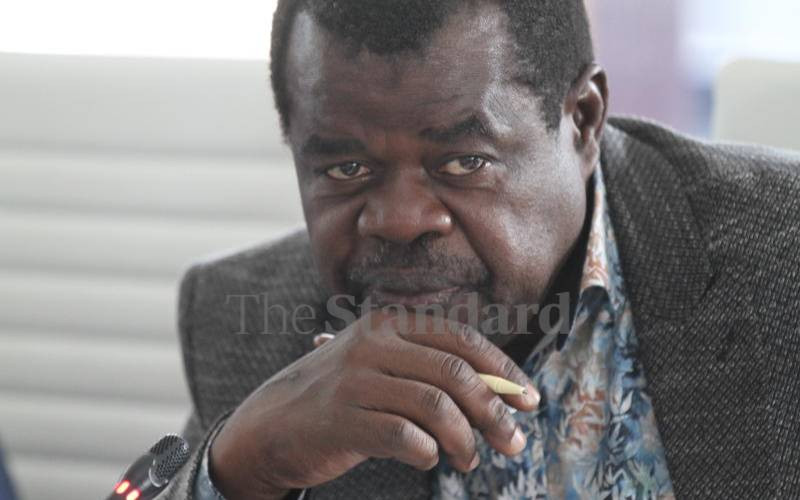×
The Standard e-Paper
Kenya’s Boldest Voice

"We do not want to borrow anymore" is as important as "We are tired of eating and do not want it anymore."
"We do not want to live beyond our means" is as important as "We do not want to bring our citizens to their knees." As it is now, the voice of Kenya not borrowing is loud but the voice of leaders not eating has no evangelists.